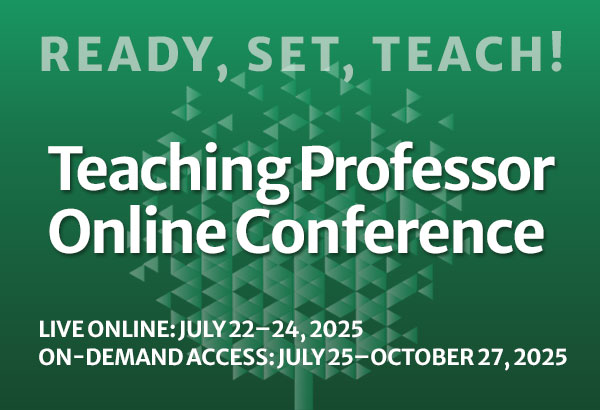Tips from the Pros: Get the Most Out of Online Discussion
Online discussion forums can produce livelier and deeper debate than is possible in face-to-face courses, but instructors are often challenged in reaching this goal. Two of the most frequently asked faculty questions concern (1) how to get students to participate in the discussion and (2)





